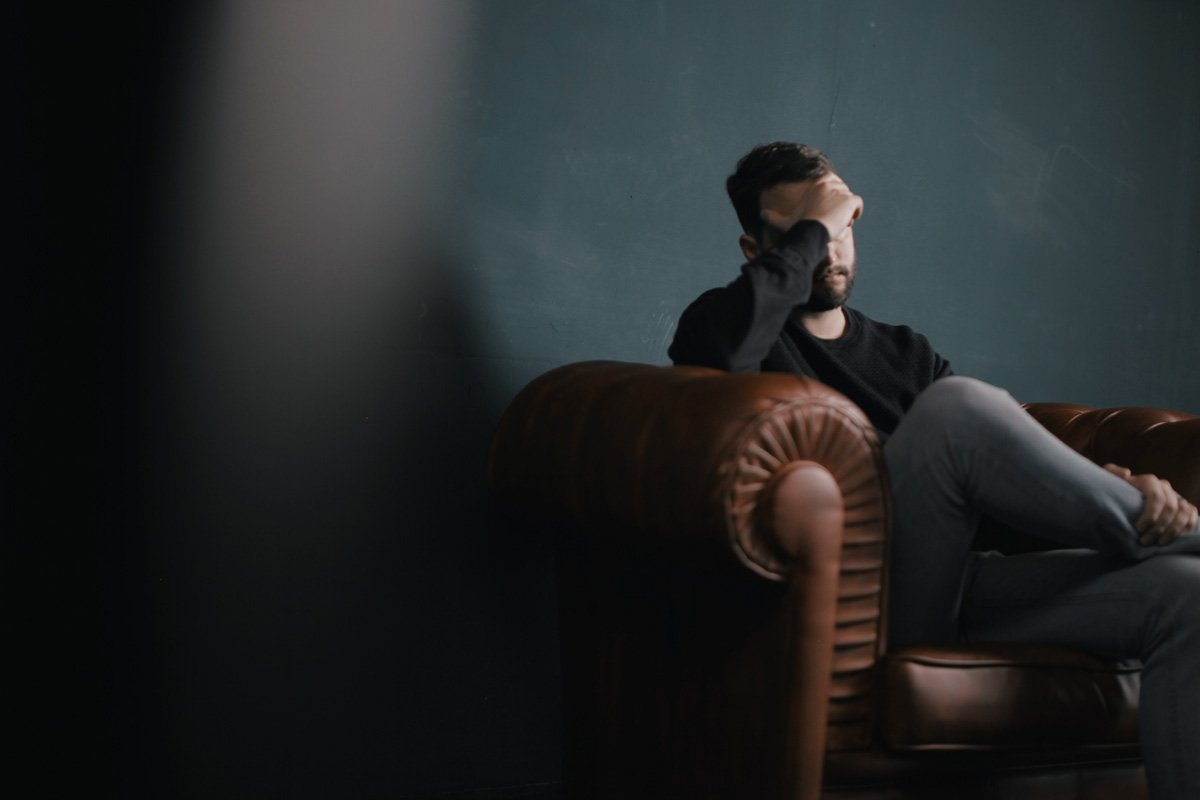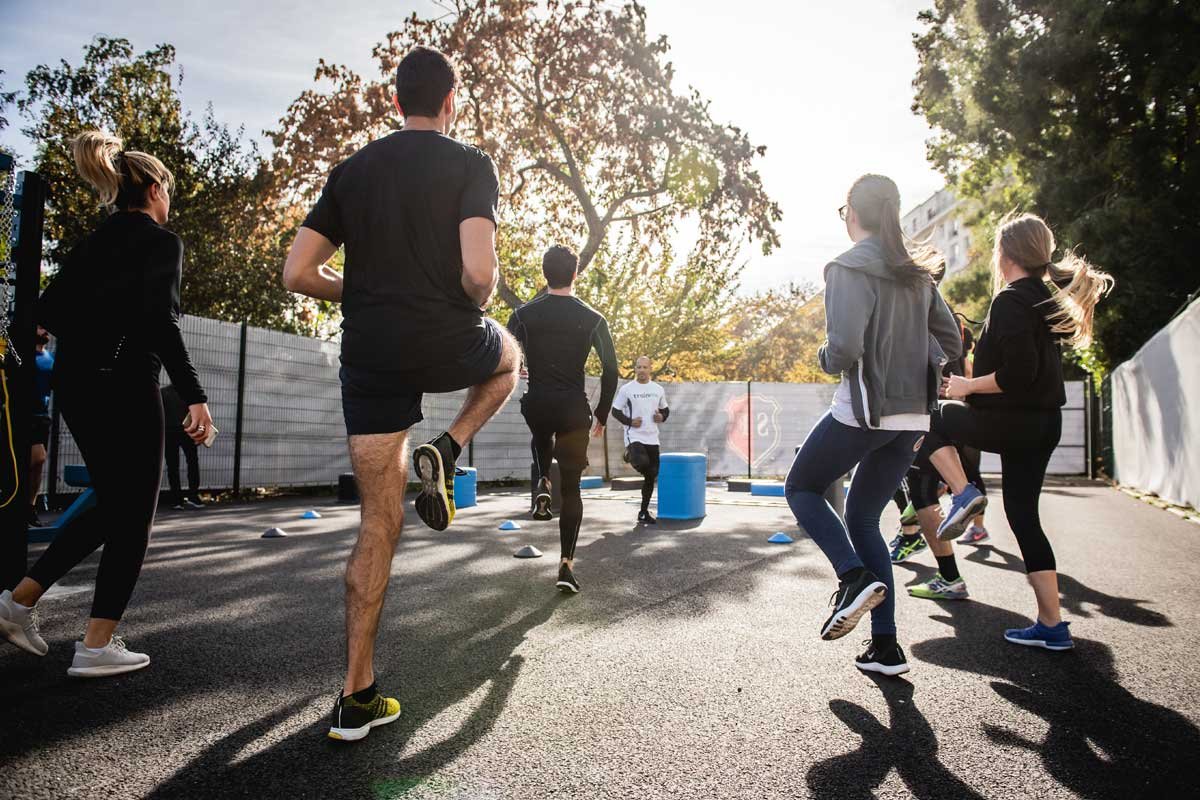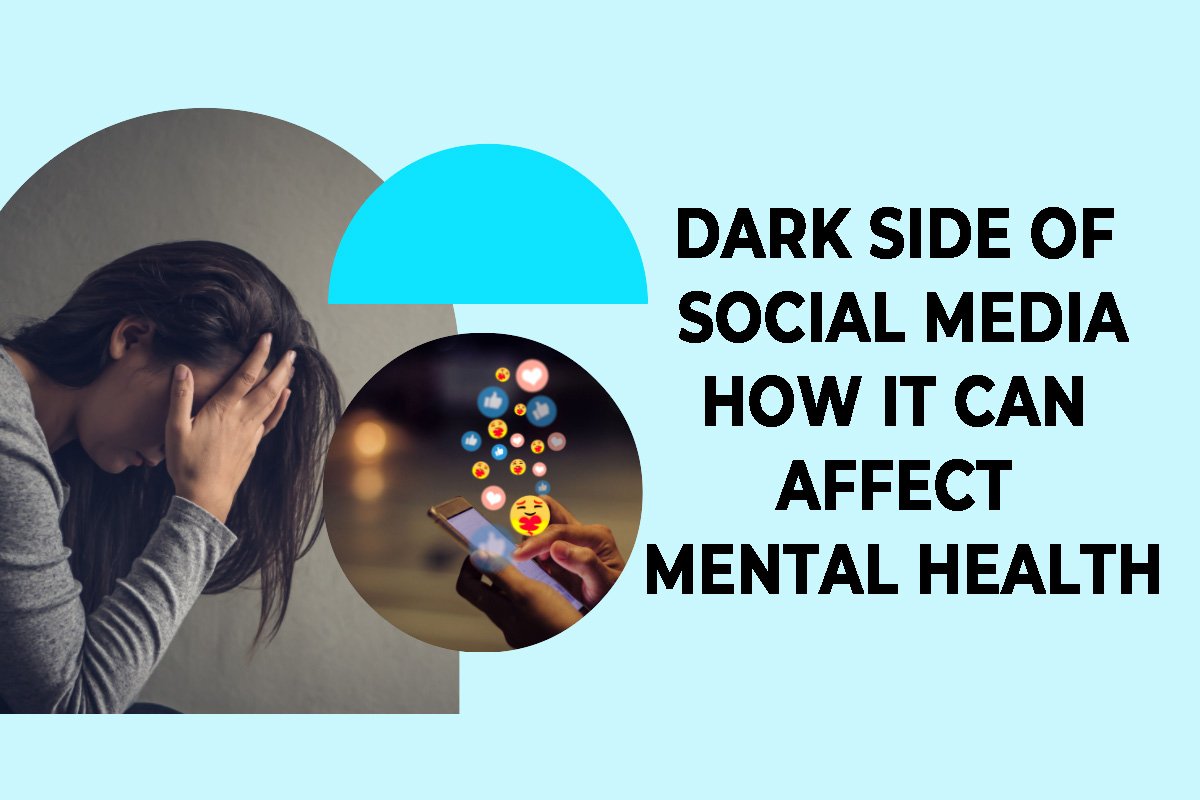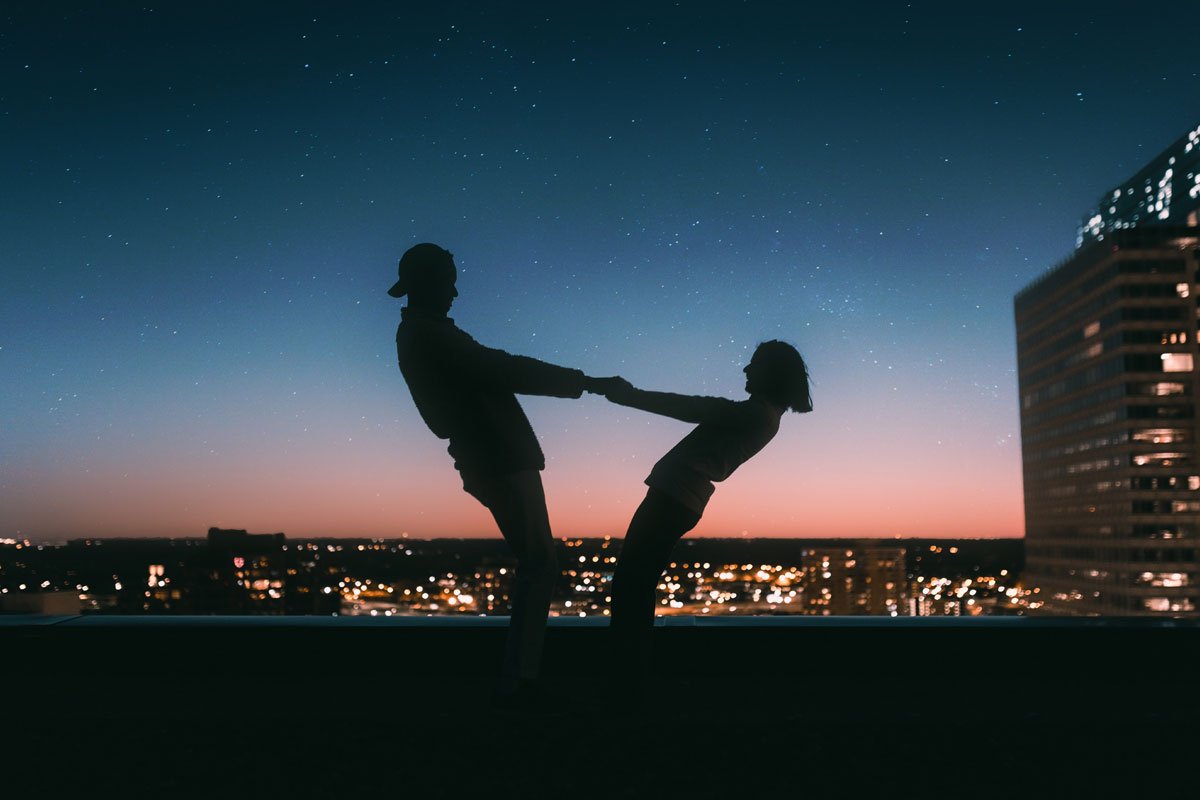Most people realize the dark side of social media and its effects on our mental health, and they acknowledge it as well – by posting about it on social media! Social media is a powerful tool, enabling us to connect with our family, friends, and like-minded strangers. We can understand its unconscious influence by checking how many people use it. Today, the Facebook user count touches as much as 2.9 billion, whereas almost 2 billion people open their YouTube daily. But if you are still wondering how social media affect our mental, and physical health and our relationships, read along!
Unfortunately, this is enough to show just how deeply this phenomenon has entrenched its claws in our lives. Even if we try to deny it, studies show that daily social media usage ranges from 3-5 hours. Something that has such frequent use is bound to have effects on us. While positive effects are present, negative influences often overshadow them. These are subtler but long-lasting, affecting our physical and mental health, all the while making us social media addicts.
How Does Social Media Affect Our Mental Health?

Like any other addiction, we can also get attached to social media. This is a behavioural addiction where we feel restless and anxious without social media. The urge to use social media is so strong that it interferes with our life. In today’s world, teenagers aren’t the only ones who get addicted to social media. For example, you may have seen our parents scrolling on YouTube for hours after berating you for years about social media.
Getting hooked on scrolling, liking, commenting, posting, and sharing is not related to age at all. No, it actually depends on our brains.
We all know what dopamine is – the feel-good chemical our brain releases when we achieve something. So, when we use any of these platforms, it triggers the search-and-explore function of our brain. This, in turn, releases a healthy amount of dopamine as a reward for something new we learn. This keeps us coming back to the platforms, making us share, like, scroll, chat, and comment.
This dopamine boost causes addiction – and also something called learned helplessness. The more we use social media, the more we are aware of the perfect lives people lead. Instead of stopping this, people let it affect them and invite depressive tendencies. Moreover, even if we stop and log off, our dopamine levels go down and force us to go online for a quick fix.
As you can see, platforms like Facebook, Instagram, Twitter, and YouTube offer us an inescapable spiral. And because of the disposition of human brains, the cycle of addiction stays afloat. If we are to answer how does social media affect our mental health? Just one word is enough to cover all the points – addiction.
How Does Social Media Affect Our Relationships?
It is ironic that social media has adverse effects on our relationships when one of its primary aims is to maintain the said relationships. These platforms can bring jealousy, conflict, and misunderstandings into our relations. But more importantly, social media can also:
- Make us spend less time with our loved ones: The world is so concerned about flaunting their relationships that they forget to talk to them. In fact, most of the time spent together goes into shooting videos and photos worthy of uploading on social media. This applies to all kinds of relationships – partners, friends, and even family.
- Lure us into comparing our relationship with others: Social media has always made us compare ourselves to others. This influences our relationships too. We unconsciously set the parameters for what is a good bond based on what we see online. This leads to jealousy, dissatisfaction, and unhealthy comparison.
- Raise conflicts from disagreements: When we argue with our loved ones, we find it easy to cut off the contact – by simply blocking them everywhere. Such actions make it easy to escalate the conflict and can hurt everyone involved.
Relationships have now become a tool to show that one’s life is as perfect as it can be. It doesn’t help that even celebrities use these platforms to make their relationships official, giving them too much power.
Usually, society follows what the powerful would do. Now, the question isn’t how does social media affect our relationships? The real question is – if popular entities resort to such notions, what should the common masses do?
How Does Social Media Affect Our Physical Health?

Recently, Instagram updated the app to make a (un)necessary change – to hide the number of likes. This step was taken to decrease instances of comparisons that are closely linked to the number of likes on someone’s content. But psychologists are left wondering if this is a progressive effort or a way to push the issue under the rug.
These platforms bring about such little changes from time to time, but there is no visible positive influence. It seems more like a tactic to make us more addicted to social media. Such an unhealthy attachment affects our physical health too.
- Leading a sedentary lifestyle: When we put away our study materials or work laptop, the first thing we do is open social media. This action has become second nature to us, which is a clear indicator of our sedentary lifestyle. Even when doing activities like exercise, hanging out with friends, or even walking, we tend to use our smartphones. We add social media to activities where it shouldn’t be present, and in turn, make ourselves lazier and more inactive.
- FOMO: Social media are the worst way to feed your fear of missing out, i.e. FOMO. We compare our personalities, our lives, and our bonds with the ones we see online. The need to have a perfect, Instagram-worthy life wins over everything then. This feeds our FOMO and makes it hard for us to stay away from these platforms. Moreover, such FOMO also leads to headaches, exhaustion, burnout, and decreased performance.
- Disturbed sleep cycle: One of the vital answers to how social media affect our physical health is an unhealthy sleep schedule. As if daytime usage wasn’t enough, most of us have begun an unofficial ritual of using social media before sleep. By scrolling or texting at night, you tell your brain and body to be active. Consequently, the type of content you consume also affects your cognition and emotions. These effects mess up your sleep cycle, resulting in insomnia, stress, fatigue, and other drastic issues.
Solutions to Battle the Dark Side Of Social Media
This is more of an overview of the question of how does social media affect our mental, and physical health and our relationships? Unfortunately, social media has the potential to spread harmful shock waves all over the world. There is a solution, though! Sadly, it seems easy in theory and almost impossible in practice. But that’s the only thing we can do, which is the careful and conscious use of social media. Thankfully, this solution has multiple facets, such as:
- Deciding how much time you will spend on the platforms works very well to lessen your social media dependency. There are many apps online that help to track your usage, lock the social media platforms, and set timers.
- Try to remember the things you loved to do before and dedicate some time to them every day. For example, if you love reading books, then start reading a few pages a day. But it won’t count if you use your smartphone to do so. It will be better if you do this activity with your phone kept at a healthy distance.
- Exercising is a surefire way to battle the effects of social media on your physical health. On top of giving your body some much-needed movement, it also helps you keep your phone away for longer periods. If you feel the urge to use these platforms, you can also go for a walk without your phone to recharge yourself.
If any of these tips don’t work, deleting your social media app is the most extreme but the best option. The first few days will make you feel worse, but if you stick it out, you will feel the need to use these apps become less day after day.
There are remedies to cancel out the harmful effects of these platforms. But to make them work, you need to have patience, time, and, more importantly, motivation. Once you put your mind to it, you will eventually be free from the deceptively charming web of social media!




One Reply to “The Dark Side of Social Media: How It Can Affect Mental Health and Relationships”